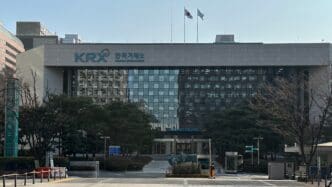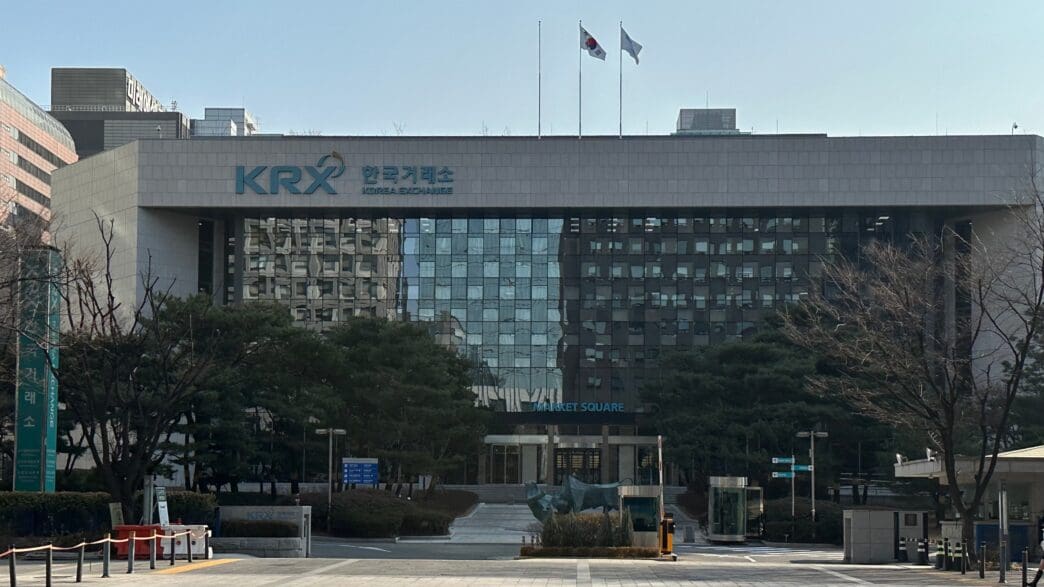Executive Summary
- South Korean equities, particularly the Kospi, surged 70% year-to-date in 2025, significantly outperforming major global benchmarks.
- This robust performance is primarily driven by a boom in AI-driven technology stocks, especially chipmakers, and recent market reforms.
- President Lee Jae Myung’s reforms aim to address the “Korea discount” by strengthening shareholder protections and lowering the threshold for capital gains taxes on stocks.
The Story So Far
- South Korea’s stock market is experiencing a significant surge in 2025, largely driven by a global boom in AI-driven technology, particularly benefiting its prominent chipmaking sector. This growth is further bolstered by recent market reforms initiated by President Lee Jae Myung, which aim to address the “Korea discount” by enhancing shareholder value and attracting foreign investment through measures like strengthening shareholder protections.
Why This Matters
- South Korea’s stock market is experiencing a significant revaluation, with the Kospi surging 70% due to a boom in AI-driven technology stocks and President Lee Jae Myung’s market reforms aimed at enhancing shareholder value and attracting foreign investment. This strong outperformance against global benchmarks, coupled with renewed foreign investor confidence, suggests a potential long-term shift away from the “Korea discount” and a sustained positive trajectory for the nation’s equities.
Who Thinks What?
- The robust performance of South Korean equities is largely attributed to a boom in AI-driven technology stocks, particularly chipmakers, and recent market reforms.
- President Lee Jae Myung believes his initiated reforms will address the “Korea discount,” strengthen shareholder protections, and stimulate capital inflows.
- Foreign investors have renewed confidence in the South Korean market, reflected by their status as net buyers of Korean stocks.
South Korean equities have significantly outperformed major global benchmarks in 2025, with the Korea Composite Stock Price Index (Kospi) surging 70% year-to-date as of October 30. This robust performance is largely attributed to a boom in AI-driven technology stocks, particularly chipmakers, and recent market reforms initiated by President Lee Jae Myung aimed at enhancing shareholder value and attracting foreign investment. Foreign investors have become net buyers of Korean stocks, reflecting renewed confidence in the market.
Market Performance
The Kospi’s 70% gain far exceeds the S&P 500’s nearly 18% rise and the Nasdaq Composite’s 24% climb over the same period. The iShares MSCI South Korea ETF (EWY), which tracks large- and mid-cap South Korean stocks, has also seen an 88% increase this year, indicating broad market strength.
Drivers of Growth
AI and Technology Influence
A primary catalyst for this market surge is the global artificial intelligence trend. This has propelled South Korean technology companies, especially those in the chipmaking sector, to substantial gains. These advancements are fueling significant growth across the tech-heavy segments of the market.
Government Reforms
President Lee Jae Myung, elected in June, has pledged to address the “Korea discount,” a historical undervaluation of Korean listed companies. His proposed reforms include strengthening shareholder protections and lowering the threshold for capital gains taxes on stocks. These measures are intended to boost investor confidence and stimulate capital inflows into the market.
Outlook
The confluence of technological advancements in AI and targeted governmental reforms has positioned South Korea’s stock market for significant growth in 2025. The strong year-to-date performance and increasing foreign investment suggest a positive trajectory for the nation’s equities.







